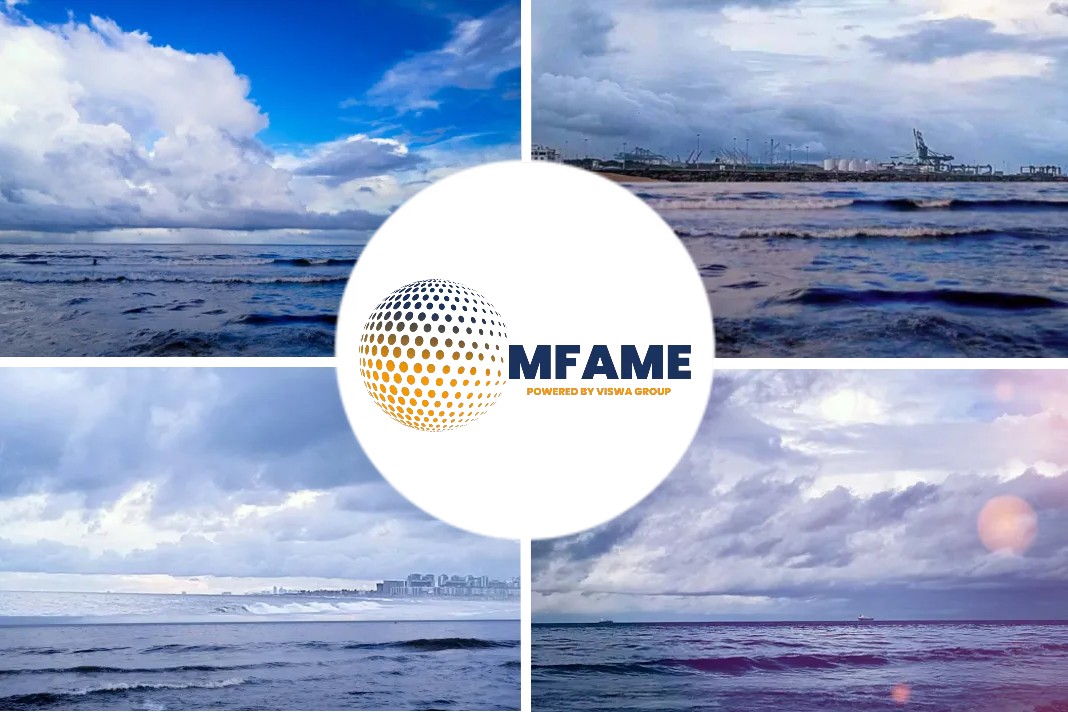- A century after the global shipping fleet ran largely on coal, the world’s largest shipping line is taking a historic step toward not using fossil fuels for propulsion.
- All newly constructed vessels owned by A.P. Moller-Maersk will have to be able to use carbon-neutral fuels.
- The shift comes just three months after the industry’s main regulator set new decarbonization rules that were criticized for their lack of ambition.A recent news Bloomberg Quint article highlights that Maersk decides to bid farewell to fossil-fuel only ships.
A range of future fuels
“If you don’t do this, ten years from now we risk becoming irrelevant,” said Morten Bo Christiansen, vice president and head of decarbonization at Maersk. “Our customers need us to do this.”
Alongside ammonia and clean forms of methanol, Maersk said so-called alcohol lignin blends were another primary candidate for future fuels.
Liquefied natural gas, or LNG, which has been embraced by some other shipping lines, is not part of Maersk’s strategy: “We don’t need another fossil fuel,” Christiansen said.
Biggest challenge for Maersk
Getting hold of enough carbon-neutral fuel will be Maersk’s biggest challenge, given the current lack of availability.
The firm also plans to have a small container ship capable of running on e-methanol, or, bio-methanol on the water in 2023, which it hopes will offer fuel suppliers an incentive to scale up production of clean alternatives.
Also read for more information on Maersk’s future fuel updates
Science-based or zero-carbon carbon targets
About half of Maersk’s 200 biggest customers have set science-based or zero-carbon carbon targets for their supply chains, or are in the process of doing so.
The firm wants to have net-zero emissions from its operations by 2050, and helped found a research center focused on decarbonizing the industry.
Did you subscribe to our daily newsletter?
It’s Free! Click here to Subscribe!
Source : Bloomberg Quint



























